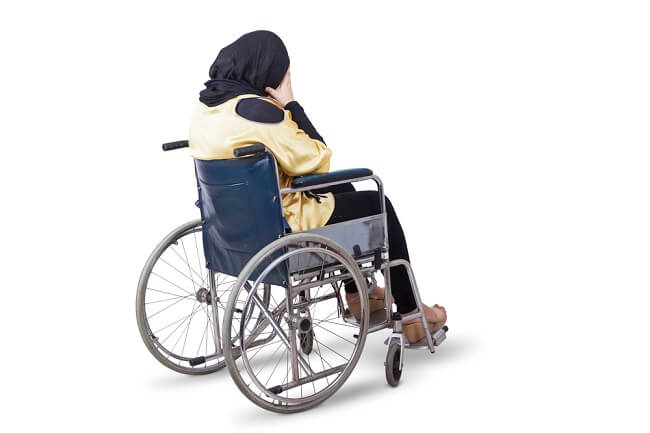Healthy people do not mean simply free from physical disease, you know. Mental health also determines the health of a person as a whole. Let's find out more about how to maintain mental health.
according to World Health Organization (WHO), health is a state of complete physical, mental and social well-being and not merely the absence of disease or infirmity. The definition of health emphasizes that mental health deserves attention.

Know Your Mental Health
Mental health is fundamental to the human ability to think, develop, express, interact, earn a living, and enjoy life. This is the reason why you need to recognize and take care of your mental health.
In addition, WHO also explains that a mentally healthy person is able to realize his abilities, handle stress in daily life, work productively, and can contribute to the environment. If you can't do these things, there is a possibility that your mental health is impaired.
There are many things that can affect a person's mental health, including a history of mental disorders in the family, life experiences, daily lifestyle, history of illness, and the burden of thoughts. This explains that mental health is influenced by social, psychological, and biological factors.
A history of violence, both physical and verbal, as well as socio-economic demands are things that often trigger mental health disorders.
Sexual harassment, domestic violence, a stressful workplace, the family's economic burden, high social standards, gender discrimination, social stigma, and an unhealthy lifestyle are some examples of things related to a person's poor mental health.
The following are signs when a person is at risk for mental health disorders:
1. Shows personality changes
This happens when you no longer feel like yourself, or when others see you acting like a completely different person.
2. Experiencing anxiety, anger, and mood swings
Actually, this condition is normal and common to many people, but you need to be careful if you keep experiencing it for no apparent reason.
3. Withdraw or isolate oneself from the social environment
If you suddenly find yourself shutting down a lot or spending too much time alone without social interaction, you need to be vigilant. Because this can indicate an emotional problem in you that is at risk of disrupting mental health.
4. Doing dangerous things and losing the ability to take care of yourself
Generally, people who have mental health problems are unable to take care of themselves. For example, they don't care about their appearance, they don't want to clean themselves or take a bath, they don't want to eat or they eat too much, they get drunk, they speed up, they use drugs, and they even try to commit suicide.
5. Feeling hopeless or overwhelmed in everyday life
You also need to be aware of mental health disorders if you experience a loss of motivation in carrying out daily activities. Especially if this condition is accompanied by a sense of hopelessness or futility.
If you, your friends, family, or relatives experience the signs above, do something immediately to deal with it, don't let it drag on.
How to Maintain and Improve Mental Health
There are several ways that can be done to maintain and improve mental health, including:
1. Manage stress
Stress is hard to avoid, but it can be overcome. There are ways to manage stress that you can do, such as taking a leisurely walk outside, exercising, meditating, exchanging thoughts with friends, or writing a diary. These things can help your mind to calm down and see life more clearly.
2. Set realistic goals
Set your goals realistically, both personal and professional. If necessary, put it in writing or vision board. Understanding what your life goals are will make you more focused in determining how to achieve those goals. Complete with a description of the target time, as well as a list of things that you have managed to achieve.
3. Hang out with people who support you
People who have healthy social relationships have been shown to experience fewer health problems and live longer. Spending time hanging out with close friends or family can help you unwind. You can joke around, express your emotions, or share stories and experiences so you can get advice and support from them.
4. Helping others
Apart from benefiting others, volunteering can make you feel better and more useful in life. This will keep you from feeling lonely and useless. You become more introspective, easily grateful, and not quick to complain or despair.
5. Doing new things
A monotonous routine can make you easily stressed. Try doing new things, such as changing the paint on the walls at home, learning a new language, updating your appearance, or simply changing the route to and from work. Doing new things can refresh your mind, even make you more enthusiastic in going through the day.
6. Taking care of body health
Mental health, of course, really depends on how you take care of yourself. Make sure you eat a variety of healthy foods, rest and drink enough water, exercise, and avoid bad habits, such as smoking or drinking. And remember, not only lack of sleep, excess hours of sleep is also not good for mental health.
If your condition does not improve with the methods above, you can ask for help from a psychologist or psychiatrist. With the help of these professionals, your problem can be identified and treated, so that your mental health can recover.









